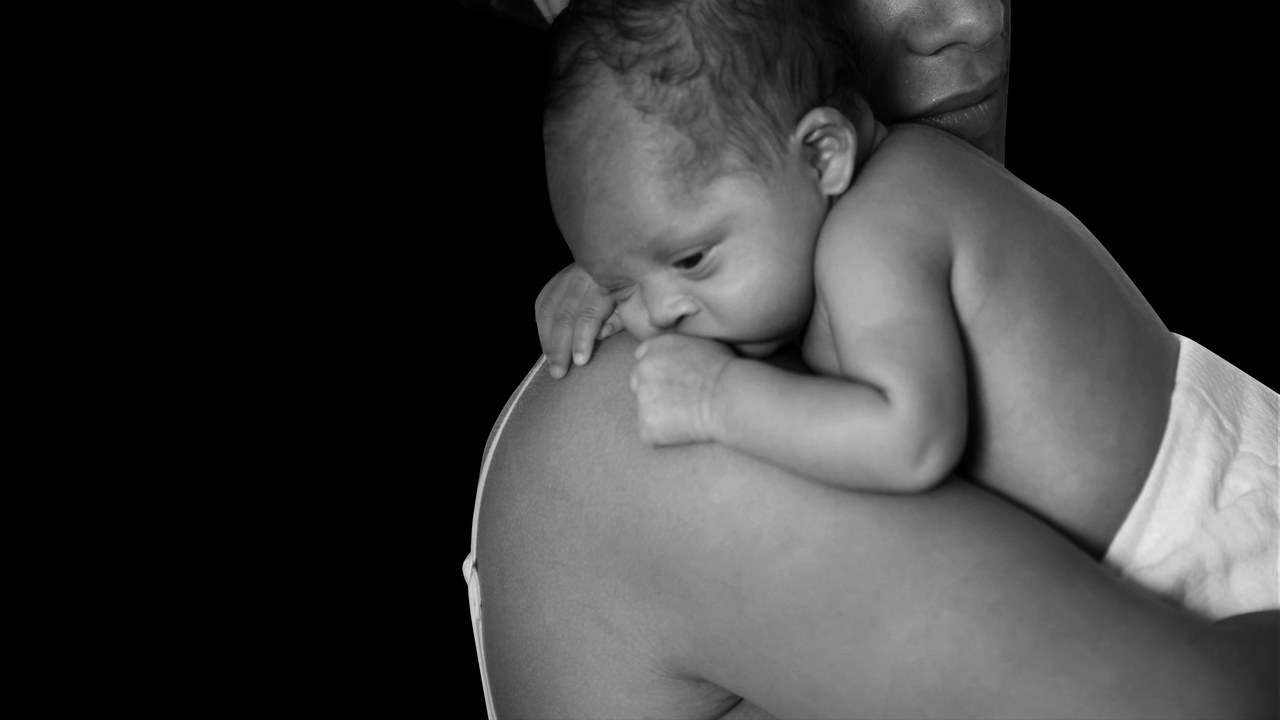Postpartum Depression Treatment Made Me Feel Helpless—Women Deserve Better Options

When my son was born nine months ago, I was—like most new moms—a puddle of emotions. I was so eager to see my baby after giving birth, I tried to walk to the recovery room before my epidural had fully worn off. Spoiler alert: I collapsed on the tiled floor. But even on the ground, I was ecstatic. After hours of labor, I had emerged victorious. It felt like my greatest accomplishment.
But the new-mom high was short lived. My first attempts at breastfeeding were not so glorious, and when the unfriendly nurse on duty tried to “help” by grabbing my breast and shoving it into my son’s mouth, I started crying.
I didn’t really stop for the next two months.
I’ve struggled with depression my entire adult life, so I braced myself for the possibility of postpartum depression from the beginning. Most women experience the “baby blues” after delivery—mood swings, irritability, anxiety, sadness, and feeling overwhelmed—a therapist specializing in maternal mental health told me while I was pregnant, but if the blues lasted more than two weeks, it might be postpartum depression. I took note.
I made a mental health protection plan, monitoring my moods carefully, meditating frequently, and exercising regularly during pregnancy. Going into labor, I felt great.
After a smooth delivery and a standard 48-hour stay, we were discharged from the hospital. But I already knew in my gut that I wasn’t ready. As we were wheeling out to the parking lot, the scorching Miami sun suddenly felt unforgiving; tiny beads of sweat appeared on my nose, the humidity fogging my glasses. I held my baby, wrapped up in his layette set, to my chest. I was scared to put him in the car seat, so afraid that I’d break him. On the way home, I clutched his carseat on the verge of a panic attack, terrified we’d get into an accident.
The panic didn’t subside for months. Like all new parents, we documented all of the exciting firsts with our son—his first feeding, his first bath, his first diaper change. Often in these photos, I’m posing and smiling like I should be, but if you look closely, my eyes are pink and puffy and a stream of tears stains my cheeks. I really wanted to be present, but I felt myself starting to get lost.
Days of depression turned into weeks and then months. I felt as if someone had stuck a syringe into my enthusiasm to be a parent and sucked out every milliliter of joy and excitement until there was nothing left. I was empty.
My husband, being the supportive partner that he is, took on a large portion of the infant care and house work while I tried to tolerate just existing—a gargantuan task. Sometimes I lay in bed with an eye mask and headphones. Other times I would close the door, shut the lights off, and sit on the floor staring at a blank wall. I read articles about postpartum depression that left me feeling even more hopeless. I shut off communications with the outside world.
I became lost in the delusion that I was so incompetent as a mother that I was just getting in the way. I thought my family would be better off without me. I fantasized about packing a bag and flying to a far city and never coming back; I could send my family letters and maybe visit during the holidays. I needed to escape. I couldn’t tolerate what I was doing to my family. I couldn’t be the mom I had imagined myself being during the pregnancy. I felt like a failure. The negative thoughts became more insidious and blared on repeat in my mind, muting out any hope or happiness I had ever felt in the past.
